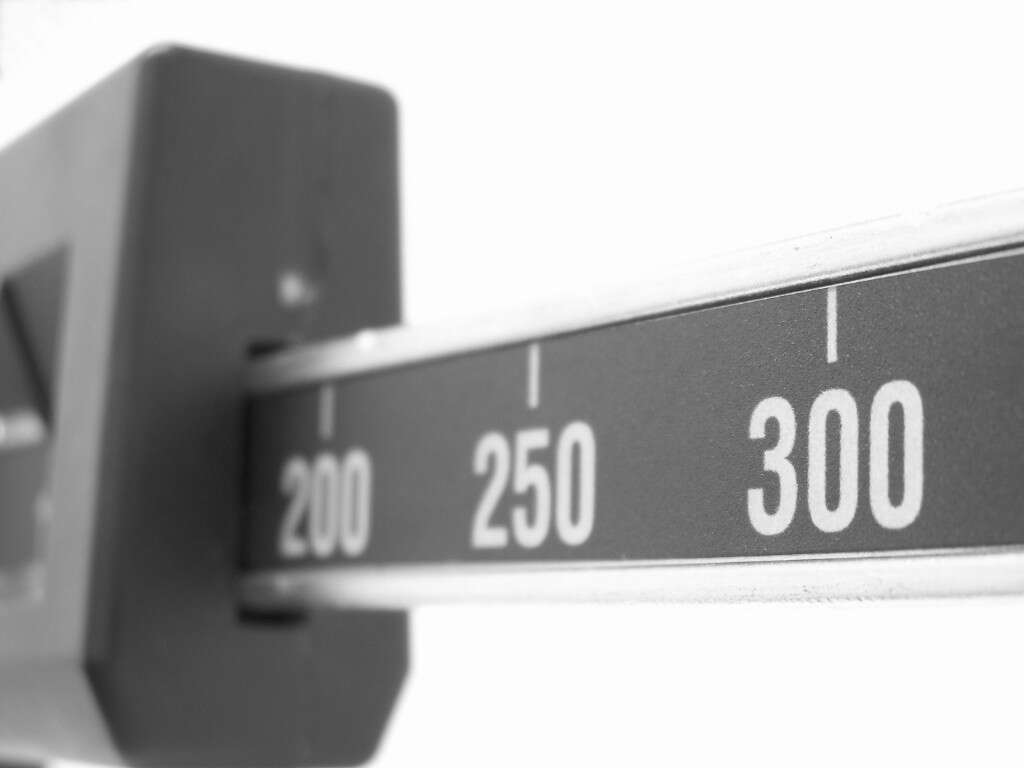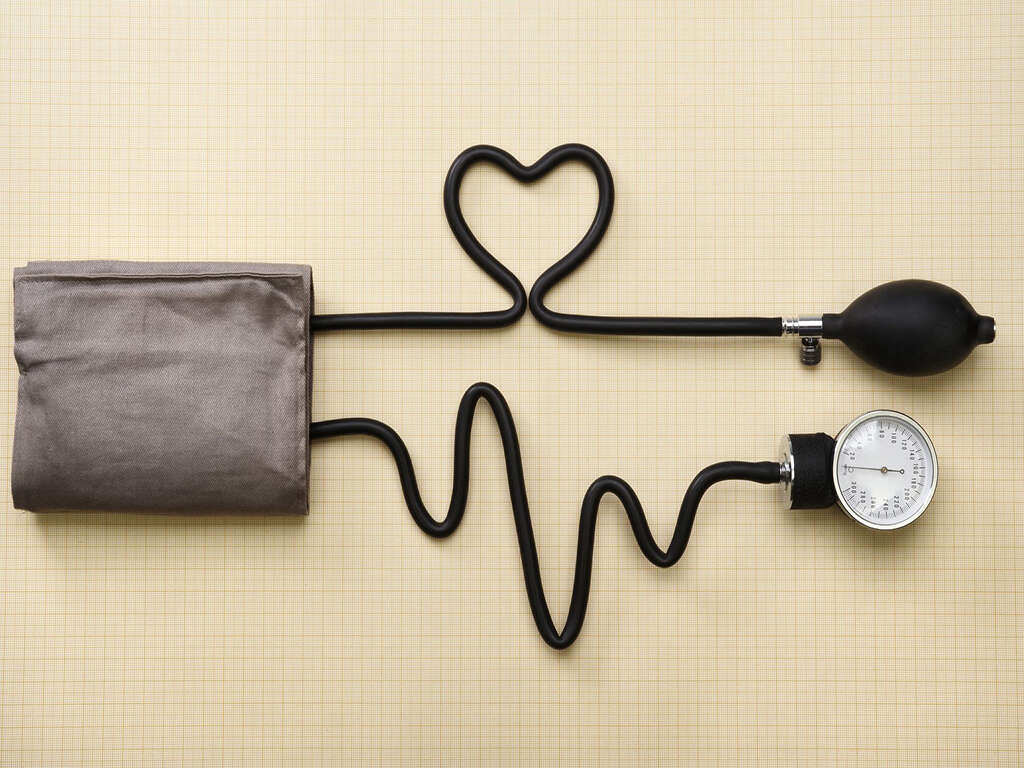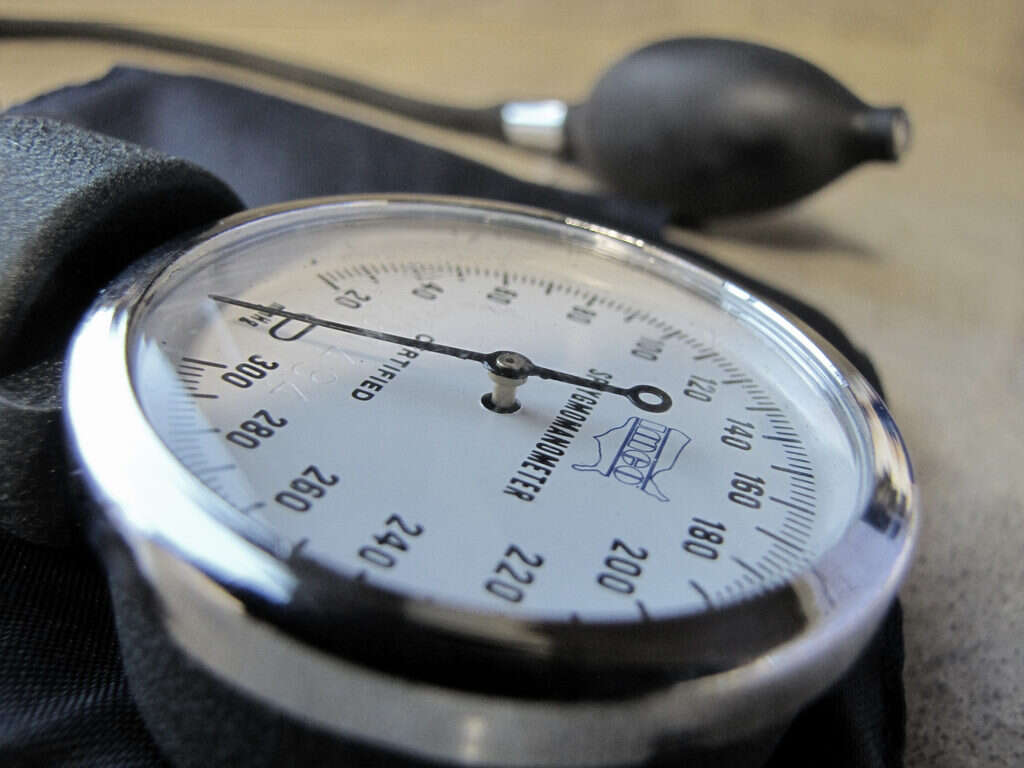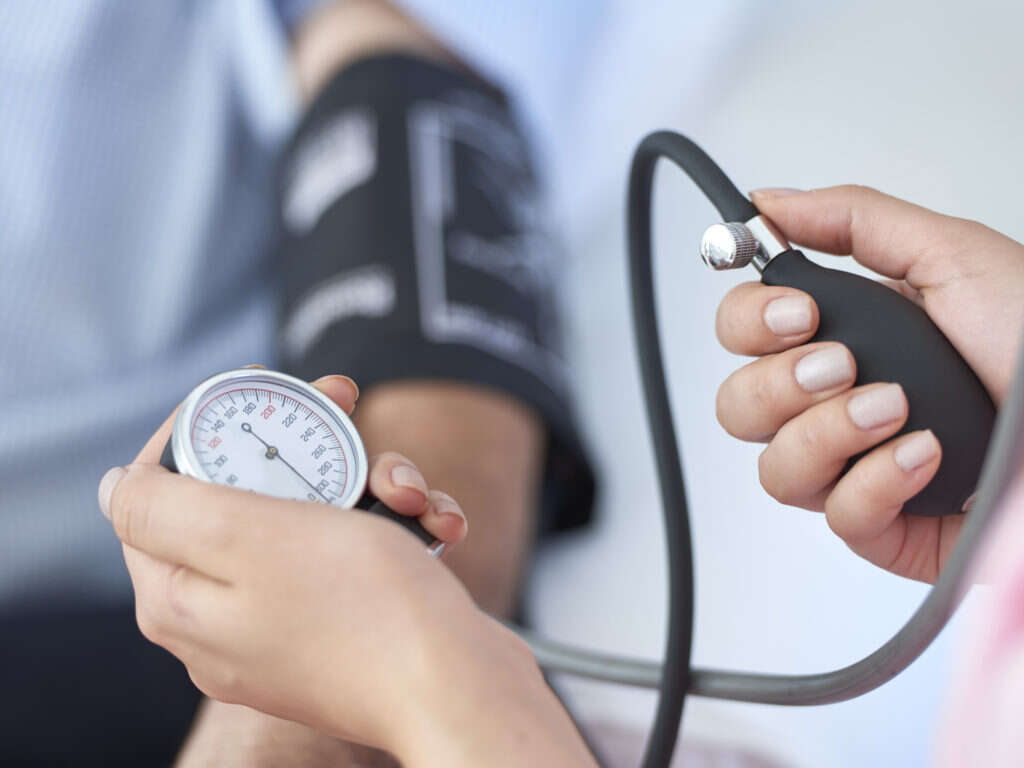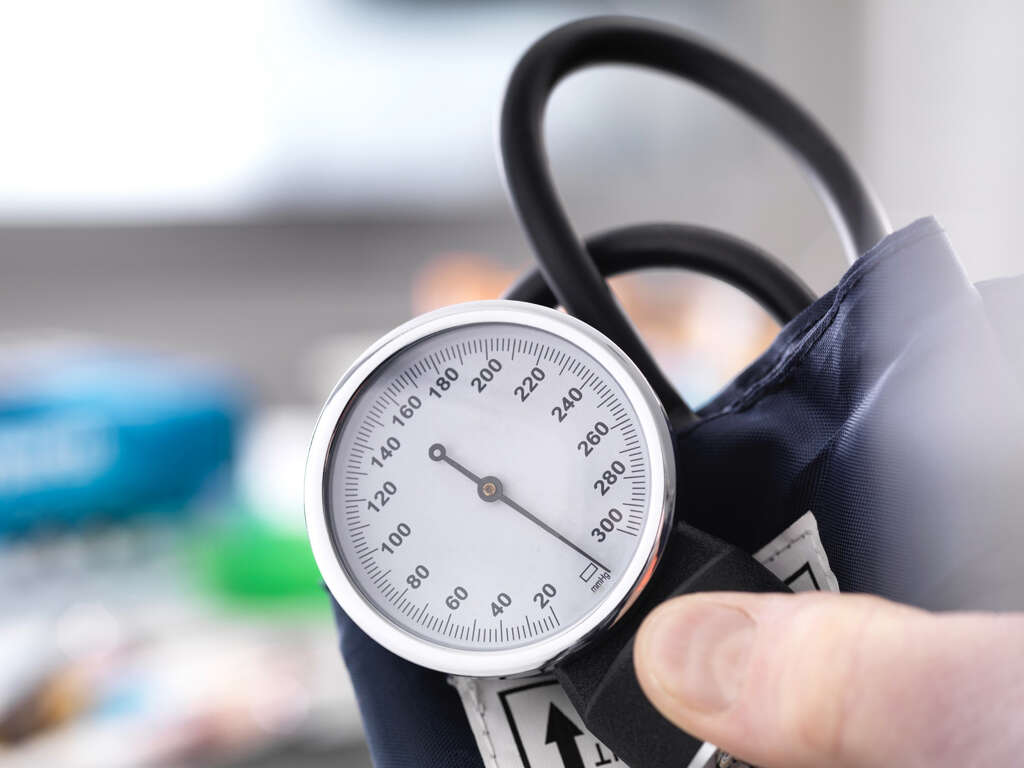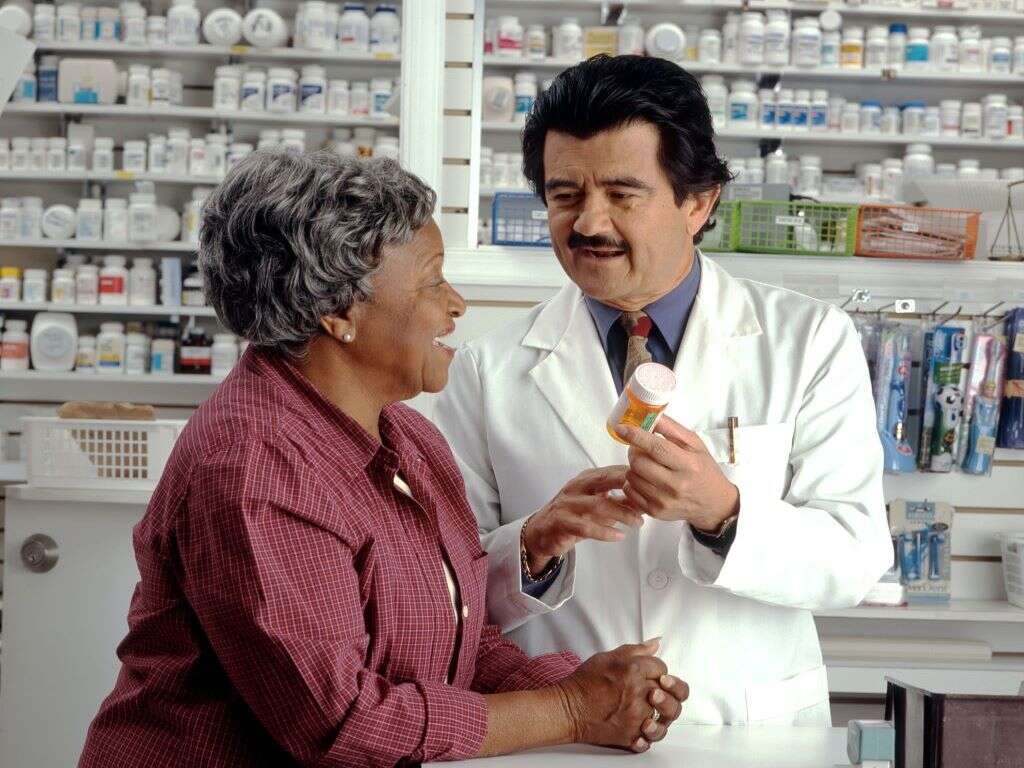10 Lower Blood Pressure Symptoms
 Article Sources
Article Sources
- 1. 'Clammy Skin.' Nicklaus Children's Hospital, www.nicklauschildrens.org/symptoms/clammy-skin
- 2. 'Self-help Tips to Fight Tiredness.' Nhs.uk, 3 Oct. 2018, www.nhs.uk/live-well/sleep-and-tiredness/self-help-tips-to-fight-fatigue
- 3. 'Dizziness - Symptoms and Causes.' Mayo Clinic, 15 Apr. 2020, www.mayoclinic.org/diseases-conditions/dizziness/symptoms-causes/syc-20371787
- 4. 'Water: How Much Should You Drink Every Day?' Mayo Clinic, 6 Sept. 2017, www.mayoclinic.org/healthy-lifestyle/nutrition-and-healthy-eating/in-depth/water/art-20044256
- 5. 'Orthostatic Hypotension.' NORD (National Organization for Rare Disorders), 20 July 2017, rarediseases.org/rare-diseases/orthostatic-hypotension
- 6. 'Depression Statistics.' Depression and Bipolar Support Alliance, 12 July 2019, www.dbsalliance.org/education/depression/statistics
Dizziness
With lower blood pressure throughout the body, the flow of blood to the brain is less efficient, which can contribute to dizziness. For some, dizziness comes on after standing upright for too long. If a sudden decrease in blood pressure results in dizziness, it could be caused by orthostatic hypotension.3‘Dizziness - Symptoms and Causes.’ Mayo Clinic, 15 Apr. 2020, www.mayoclinic.org/diseases-conditions/dizziness/symptoms-causes/syc-20371787
Individuals who begin to feel dizzy should find a place to lay down until this symptom subsides. Vertigo could also be a sign of low blood sugar or problems with the inner ear.
Advertisement




